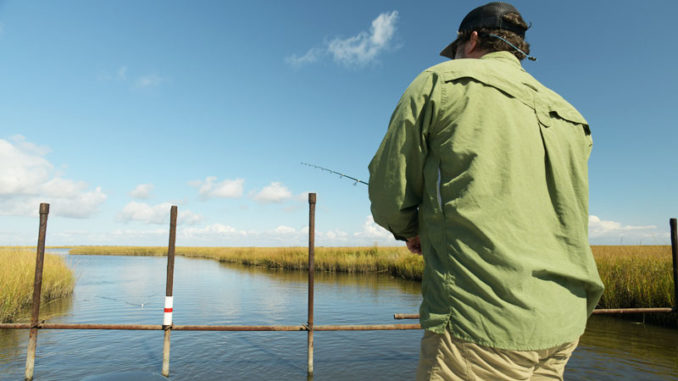
The law says no and vows to protect large landowners from getting sued.
Jeffery D was riding through a bay in his 16-foot bateau when he hit a cement post. Janie T was walking down a levee and stepped into a hole. Robert R was walking on a wharf when he fell through a hole.
These people have a few things in common. All of them were injured, and all of them filed a lawsuit against the landowners. But all of their lawsuits were dismissed by a Louisiana judge and/or Louisiana Appellate Court under the Louisiana Recreational Use Immunity Act (LSA-R.S. 9:2791).
The Immunity Act was adopted to induce owners of large acreages to open expanses of undeveloped lands to the public for recreational use, and it has been used as a basis for dismissing countless lawsuits.
The Immunity Act grants immunity for recreational activities, including but not limited to the following: hunting, fishing, trapping, swimming, boating, camping, picnicking and hiking.
Implemented by the Louisiana Legislature to eliminate landowner liability while the “recreational” property is being used by the public, the Louisiana Recreational Immunity Act has done what it was intended to do. Landowners are not responsible for accidents that occur on their property unless it is proven that the landowner was willful or malicious in causing injuries or property damage to others while on their property.
The sole purpose of the statute was to “induce private owners of large acreages to open expanses of undeveloped lands for public outdoor, open land recreational purposes.”
The idea is that if landowners are not responsible for damages to people using their property for recreational purposes, then they are more likely to allow access to the property.
There really is no other purpose or intent for the statute. There is no question that the statute has been interpreted and applied by Louisiana courts as intended by the legislature. Landowners can rely on the strength of the statute to provide the protections they were seeking against lawsuits.
The legislature and the courts have upheld the purpose and intent of the law. The question remains: if landowners continue to deny access to recreational properties, particularly navigable waterways and bays, should they continue to obtain the benefits of an immunity statute?
About the author: John H Smith is an experienced trial attorney. Growing up in Houma, Louisiana, molded an avid outdoorsman. He now lives in St. Amant and works out of his office in Baton Rouge. A personal injury attorney, John’s law firm has a superlative record representing those requiring legal assistance, redressing any number of civil wrongs committed against their life, limb or property. Visit www.smithshanklin.com to learn more.